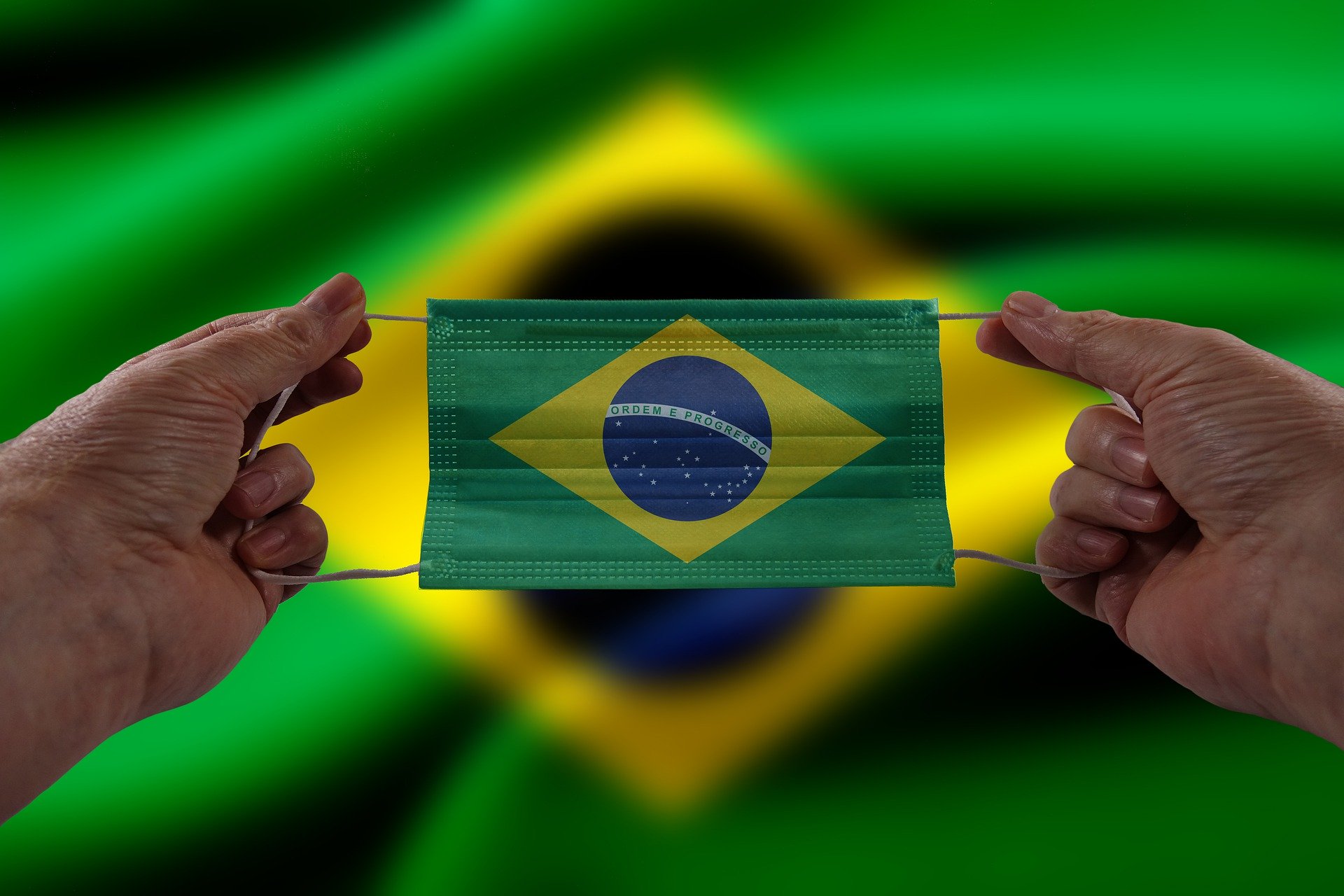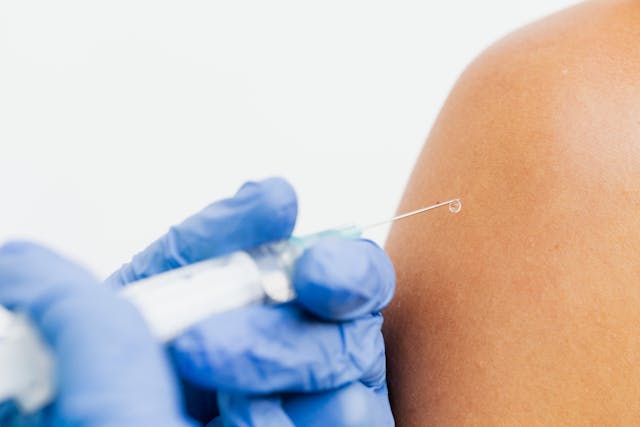
Brazil Still Mulling to Join the COVAX Project
With COVID-19’s third-worst outbreak, Brazil is still investigating whether to join the COVAX project, a global COVID-19 vaccine distribution network co-led by the World Health Organization (WHO), the Minister of Health said on Thursday, September 10.
Eduardo Pazuello said the decision to accelerate growth, production, and equal access to COVID-19 trials, treatments, and vaccines via video conferencing was still under discussion, speaking at an ACT meeting.
Pazuello, an active-duty Army general, said. If they opt for membership, Brazil could be the biggest contributor. He said Brazil was making available its “robust vaccine production capacity” and its experience with universal access to health services and vaccination of the entire population.
The decision on joining COVAX is up to President Jair Bolsonaro. The deadline is September 18.
One part of ACT, short for Access to COVID-19 Tools Accelerator (ACT-A), is the COVAX facility that aims to help buy and distribute shots of vaccines equally when they become available.
Brazil is in third place with more than 4.2 million confirmed cases in the number of highest Coronavirus cases in the world, with more than 1 lakh deaths.

So far, more than 70 nations have committed themselves to join, agreeing to procure COVID-19 vaccines for their citizens through COVAX. Last week the United States said it will not enter because the Trump administration objects to participation with the WHO.
COVAX plans to procure and distribute 2 billion doses of vaccines approved by the end of 2021. In its portfolio, it has nine candidates for COVID-19 vaccines which employ a range of different technologies and scientific approaches.
Vaccine Alliance CEO Dr. Seth Berkley said COVAX is the only genuinely global response to the COVID-19 pandemic.
For the vast majority of countries, whether they can afford to pay for their doses or need assistance, that means receiving a guaranteed proportion of doses and avoiding being forced to the back of the line, as we saw during the H1N1 pandemic a decade ago. Except for those countries who can achieve their agreements with vaccine manufacturers, this system provides, through its world-leading pool of candidates for vaccines, a way of reducing the risks associated with individual candidates who fail to demonstrate effectiveness or receive licensing.
This will be accomplished by sharing the risks associated with vaccine growth, investing in initial production so that vaccines can be delivered on a scale as soon as they are shown to be effective and pooling procurement and purchasing power to achieve adequate volumes to end the pandemic’s acute phase by 2021.


